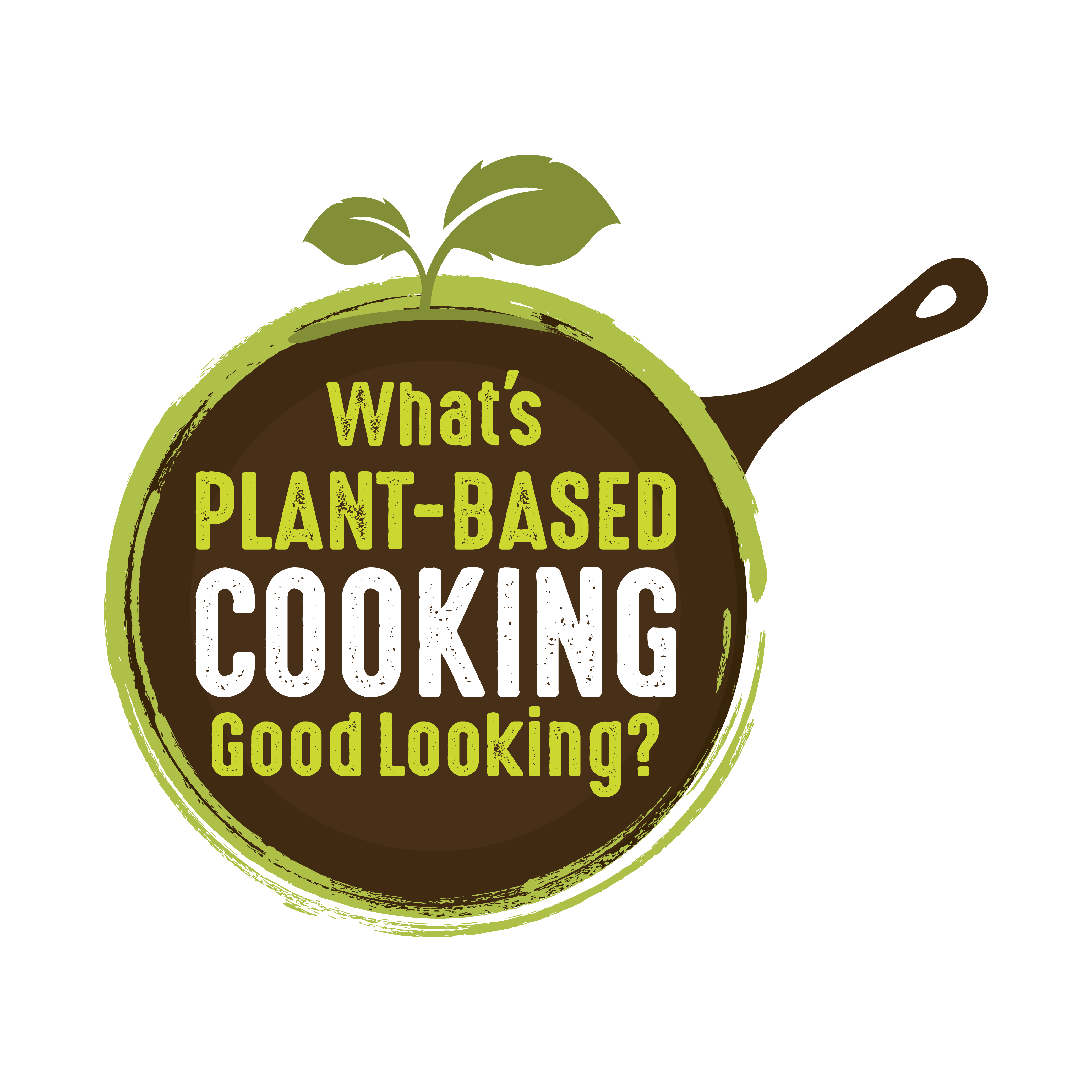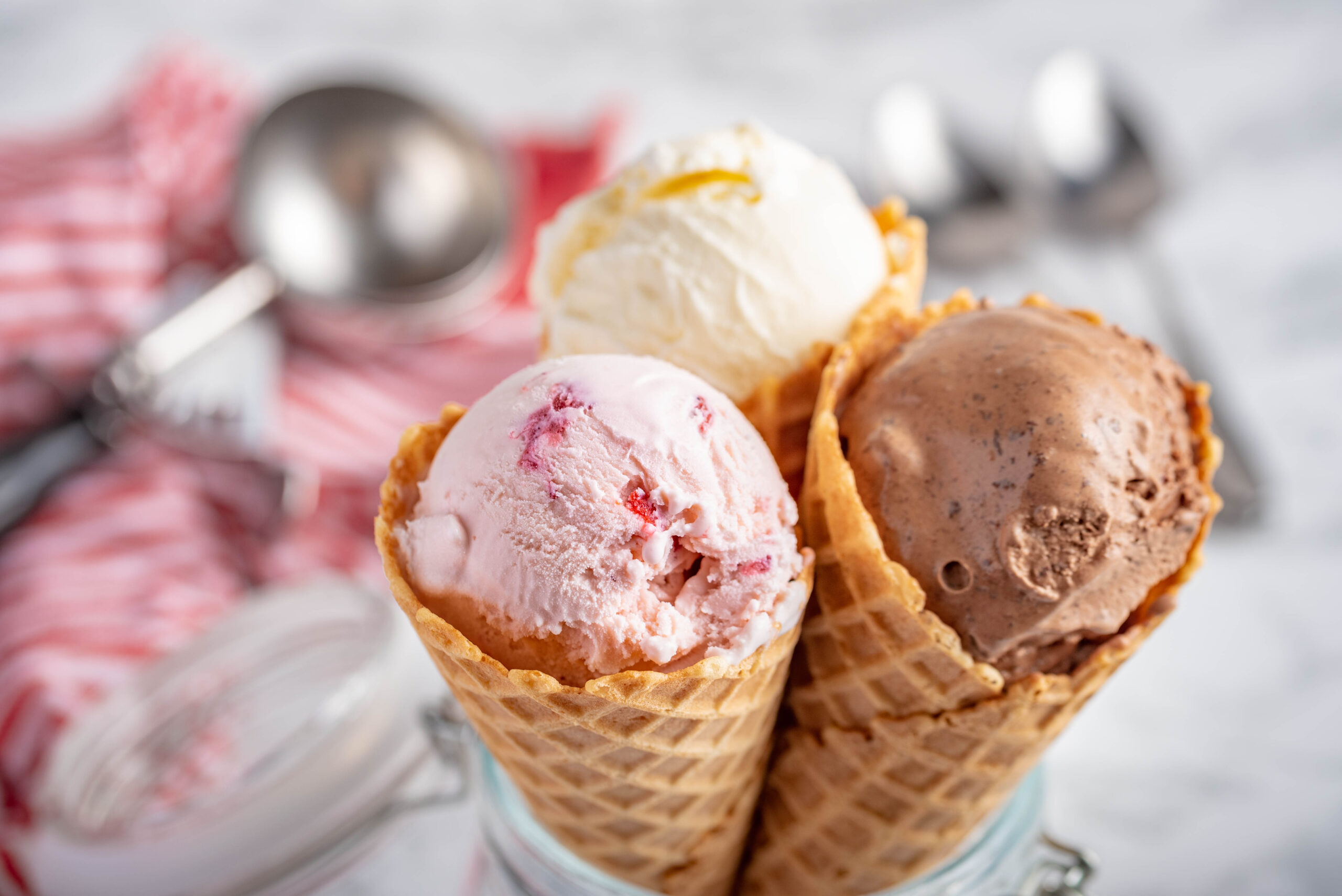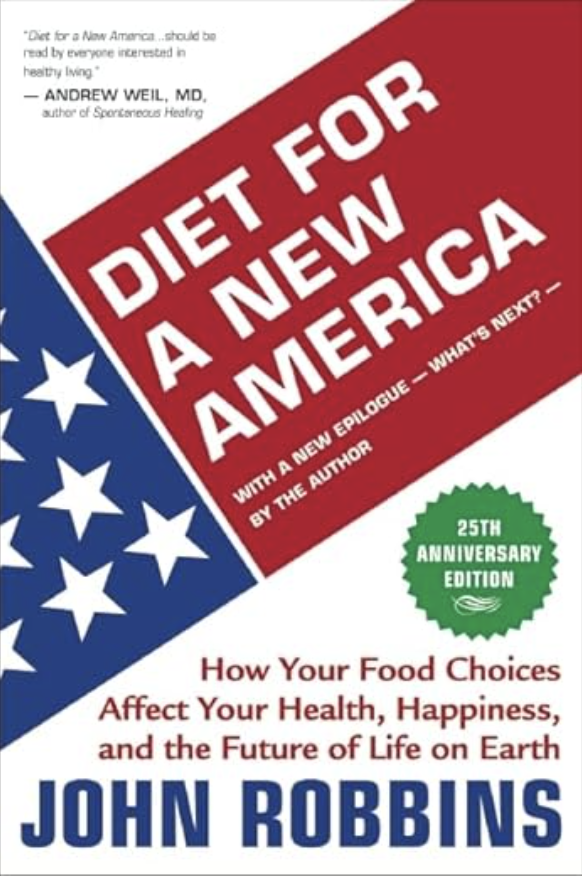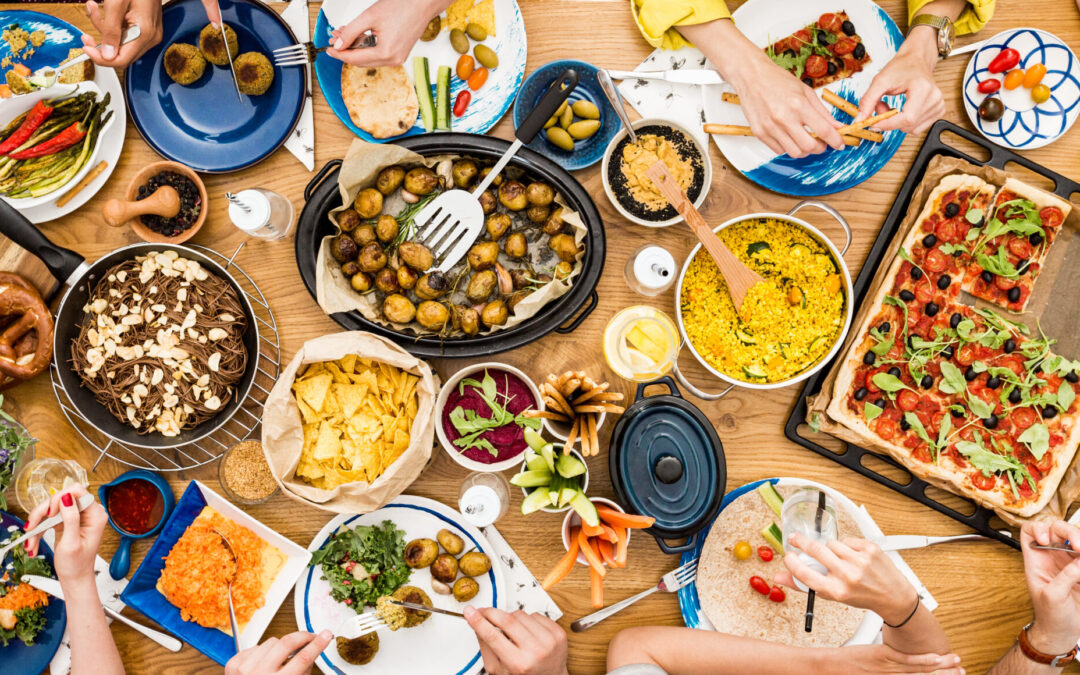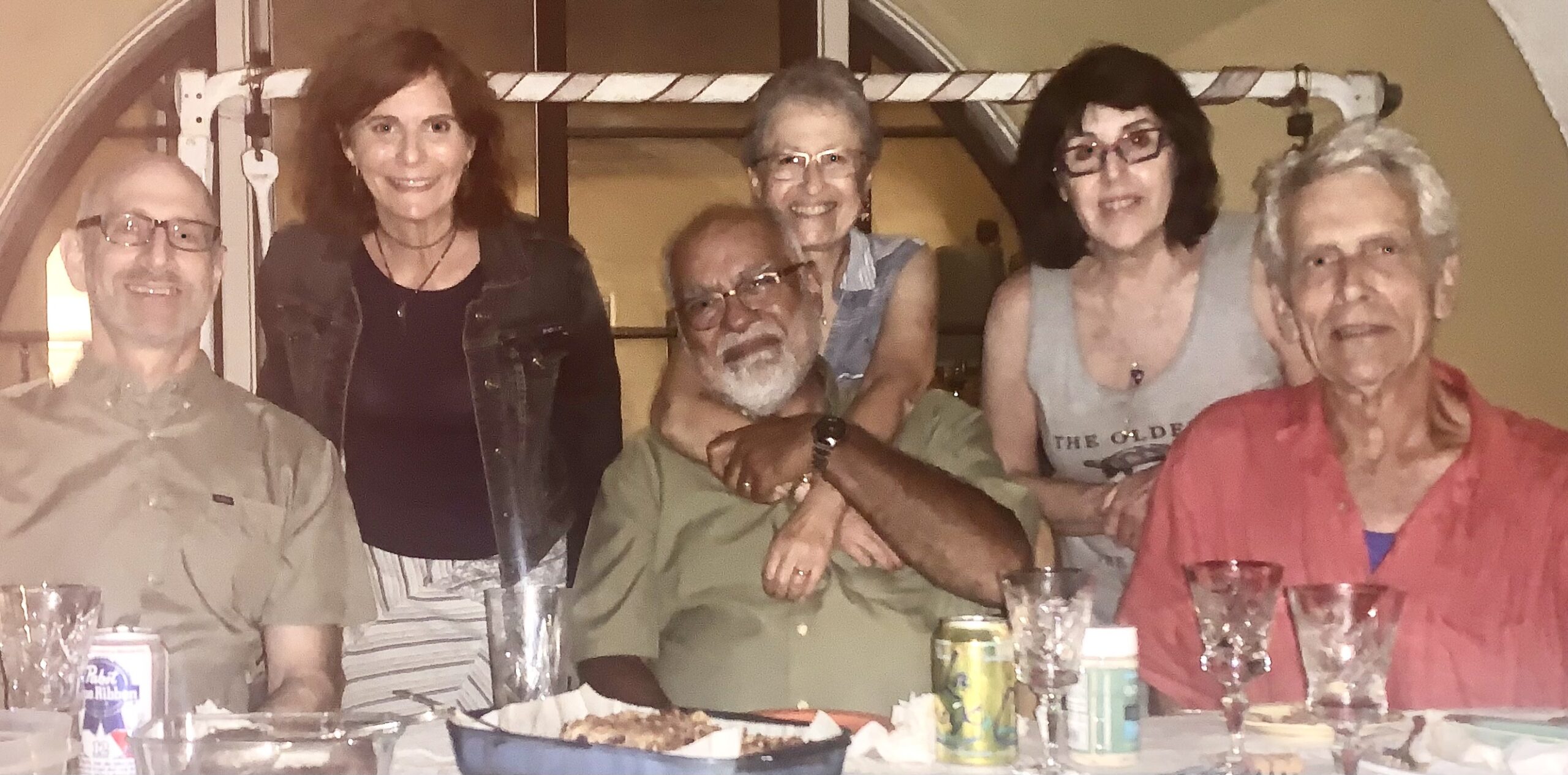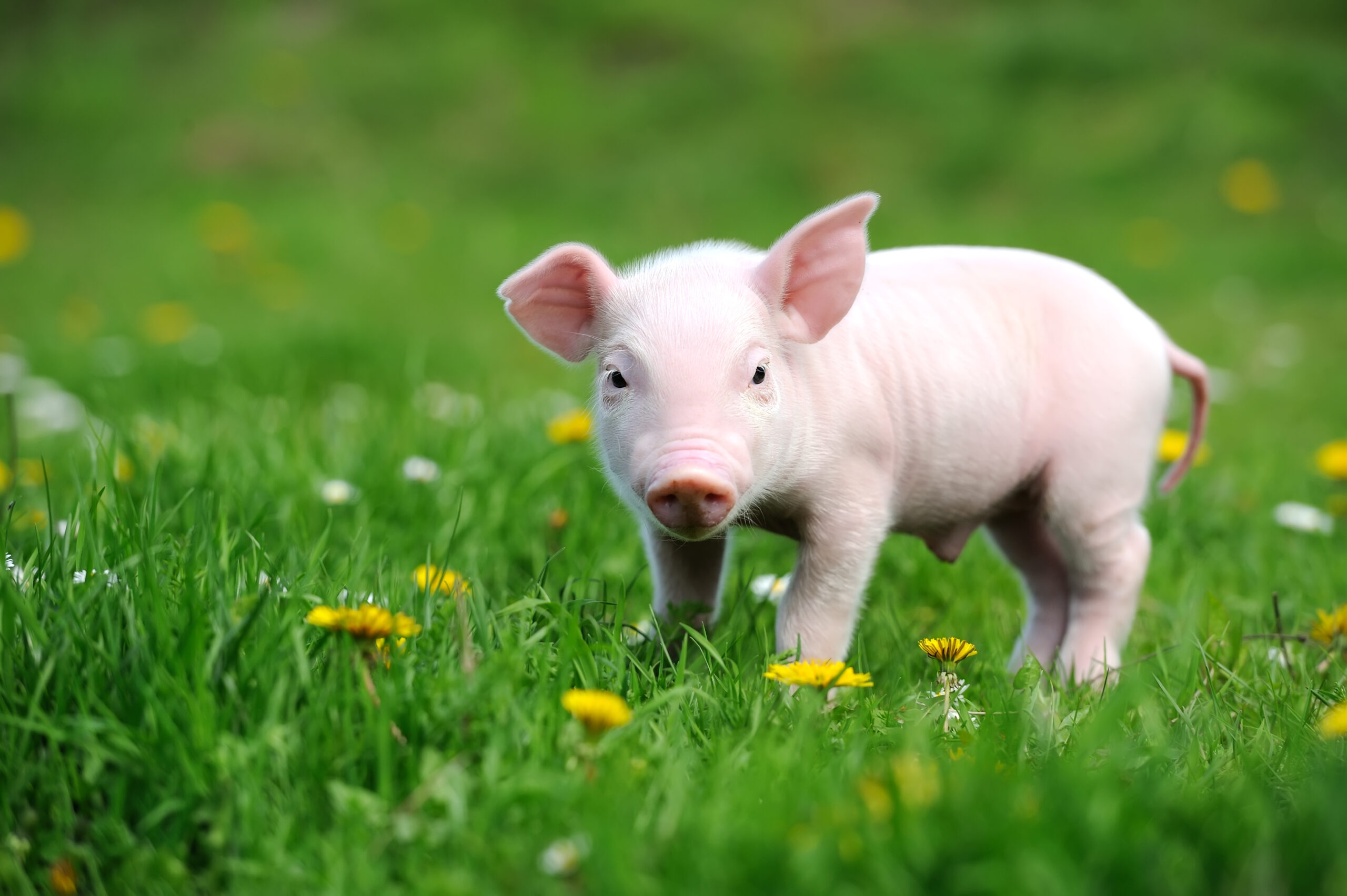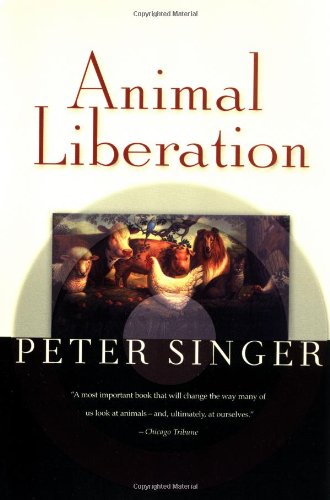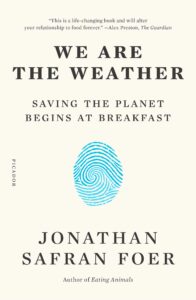
Resilience: People, Plants, Pigs (and other animal friends)
The theme of resilience has been front and center for me lately. I’ve noticed mental, physical and emotional resilience in many areas of my life.
Resilience came into my purview while both of my kids were dealing with challenges. We discussed how when we deal with challenges, we build mental resilience.
Then I saw resilience in Winnie the pig. She lives at Garnsey Feral Acres, a sanctuary that I follow. When Winnie was adopted, she was facing many physical challenges. There was a moment where it looked like she would be ok. But then, despite the extraordinary love and care she was receiving, Winnie was suffering and there appeared to be no choice but euthanasia. At the eleventh hour, when some new meds kicked in (along with a giant miracle), she completely turned around and is now thriving. This is physical (and spiritual) resilience.
I see resilience in farm animal sanctuaries every day. I follow a few of them online and find joy watching the animals. The people dedicated to the animals in their care are amazing. In order to do their work, they exhibit strength, commitment, compassion, flexibility and a ton of resilience.
In fact, another pig, named Steven at Arthur’s Acres, just passed (as did Esther the Wonder Pig a week or so ago.) We must feel the grief and then keep moving forward, which builds resilience.
I am amazed (but not surprised) by the amount of work and devotion required to operate a sanctuary. My friend Linda and I recently volunteered at Kindred Spirits Care Farm in Los Angeles. (The alpaca in the top photo lives at Kindred Spirits.)
We were only there for three hours, and it was EXHAUSTING. I tip my hat to everyone involved with a farm sanctuary.
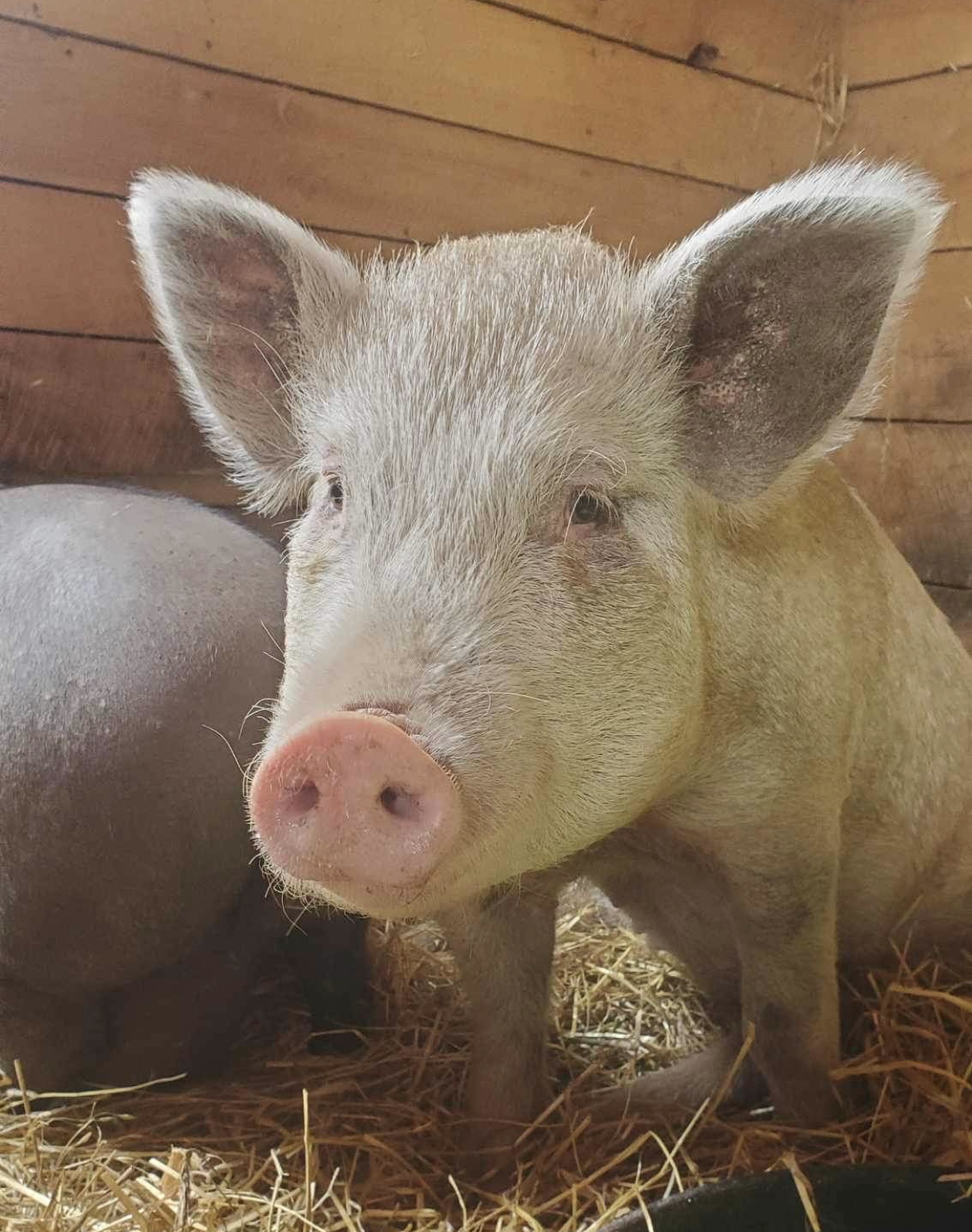
Winnie the Pig
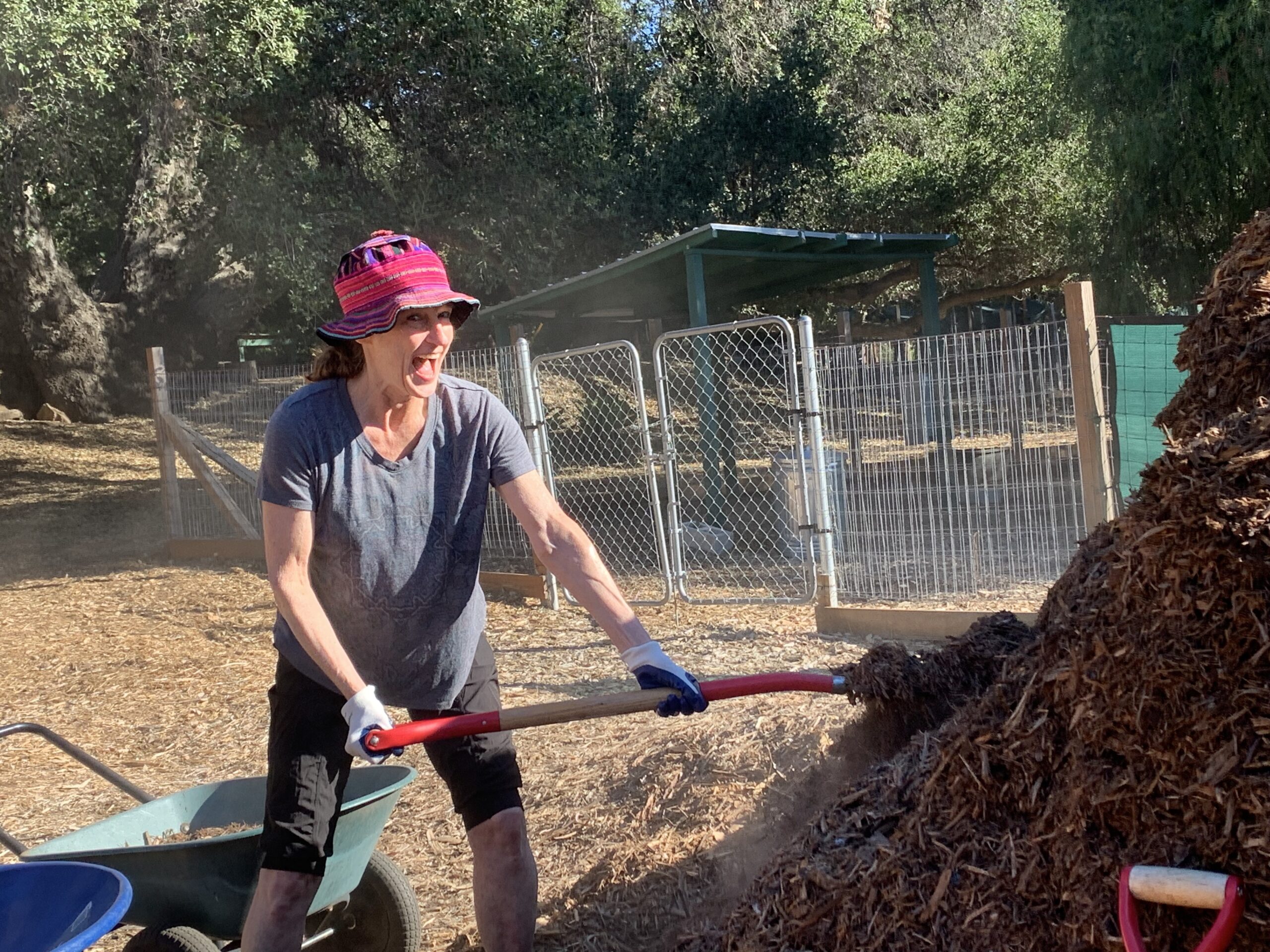
Linda filling a wheelbarrow with mulch for the horse pasture at Kindred Spirits
I saw resilience again when something that was said in our vegan community was met with negativity. OK, we vegans are criticized regularly- it happens every day. Yet we move forward anyway, believing in our hearts that what we are doing is right. We are resilient when taking the flack yet continue down the compassionate path.
What helps us be resilient? Community, love and support and having a deep resolve. Where are you resilient? Do you notice others being resilient? It’s a wonderful quality to notice in yourself and others.
